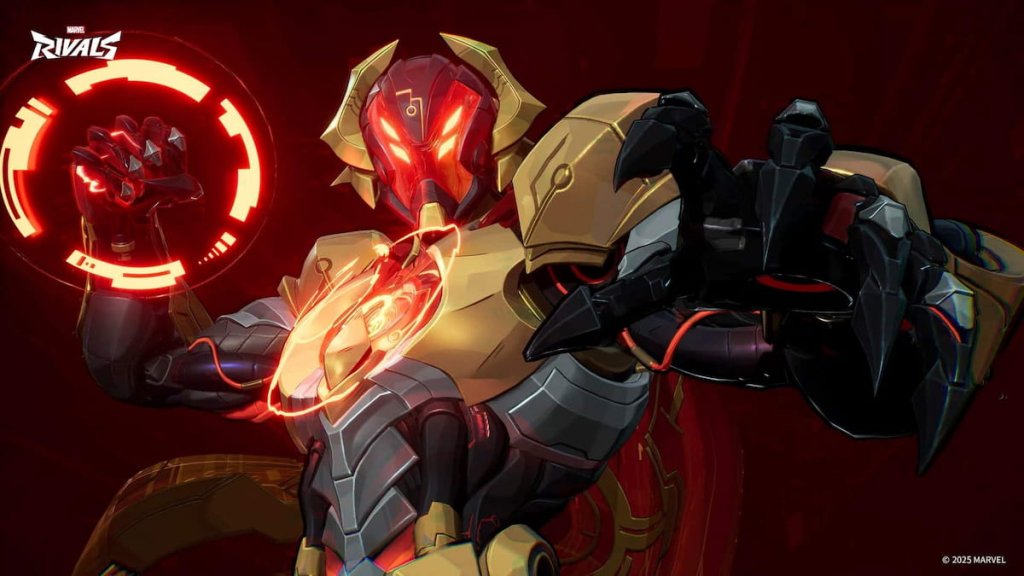
The Olympic Esports Series is a mess, and does Esports even need the Olympics?
Last week, the coveted guardians of the biggest multi-sporting event of the globe, the International Olympic Committee (IOC) announced that it was venturing into esports. The first IOC-sanctioned event is set to be the Olympics Esports Series 2023. The finals of the event will happen in Singapore from June 22 to 25.
Besides a few titles, all the other games are unknown. But why is this the case, and does esports even need Olympic recognition? Esports.net takes a look at the mess that is esports in the Olympics

Source | Twitter @Olympics
The IOC messed up criteria for selecting games
While this could have been happy news, it wasn’t as soon as people read the names of the “esports” games selected for the event. The games in the tournament are as follows:
- Archery: Tic Tac Bow
- Baseball: WBSC eBASEBALL™: POWER PROS
- Chess: Chess.com
- Cycling: Zwift
- Dance: JustDance
- Motorsport: Gran Turismo
- Sailing: Virtual Regatta
- Taekwondo: Virtual Taekwondo
- Tennis: Tennis Clash
The first thing to know about IOC selecting esports games is the criteria. The committee had made it clear long ago that it was not going to have “violent games” be a part as they were against Olympic values. Thus, they are only selecting games which are linked to a real-world sport. Automatically, this criterion has eliminated the world’s biggest esports like League of Legends and CSGO.
Yet, even with the games it has selected, a report by The Esports Advocate (co-founded by veteran esports journalist James Fudge) has highlighted conflicts of interest.
The report shows that two games, Virtual Taekwondo and Tic Tack Bow, have been made by Refract Technologies. As many as three executives from the company which includes its co-founders and the CEO have direct connections to the Global Esports Federation (GEF).
While this has raised some eyebrows, Vincent Pereira, the head of esports for the Olympics, has insisted that the GEF isn’t involved in selecting the games. However, the direct connection between the GEF and the games is definitely a dent to that argument.
Another issue being highlighted is that some of the games selected for the Olympic Esports Series are pay-to-win. For this, Pereira has said that they have “agreed with federations and publishers to have a capping to avoid the pay-to-win.”
It remains to be seen how this is executed, though. With the game titles selected, it’s hard to see anyone in the esports fraternity paying much attention to the Olympic Esports Series.
Does esport even need the Olympics?
With all the controversies, the question arises if the Olympics even needs esports. We’ve been covering this esports at the olympics debate since 2017, and every time we end up at the same talking point.
Who needs who more?
In purely financial terms alone, the answer to the question is no. Esports viewership and interest from brands are at an all-time high and continuing to grow. In fact, the Olympics is seeing interest from a younger and Gen Z audience actually decrease. Thus, it needs esports to attract younger audiences.
However, there are some other plus points of having gaming in the Olympics. One of them is visas. While some developed economies like Saudi Arabia and Singapore have recognized the potential of esports, many others have not.

Image Credits | Riot Games
In most countries, players still need to apply for a work visa to travel to another country and compete in an esports tournament. Many times, players are unable to travel due to diplomatic issues and visa rejections. As a result of the presence of esports in the Olympics, though, the acceptance of competitive video gaming to be on par with sports will be normalized. Thus, visas will be processed easily.
On top of this, barring specific regions like the SEA, most countries’ esports scenes are supported by endemic brands like mobile, PC, and GPU manufacturers. While this has been changing in the past few years, esports in the Olympics would speed up this process and introduce more brands to esports.











